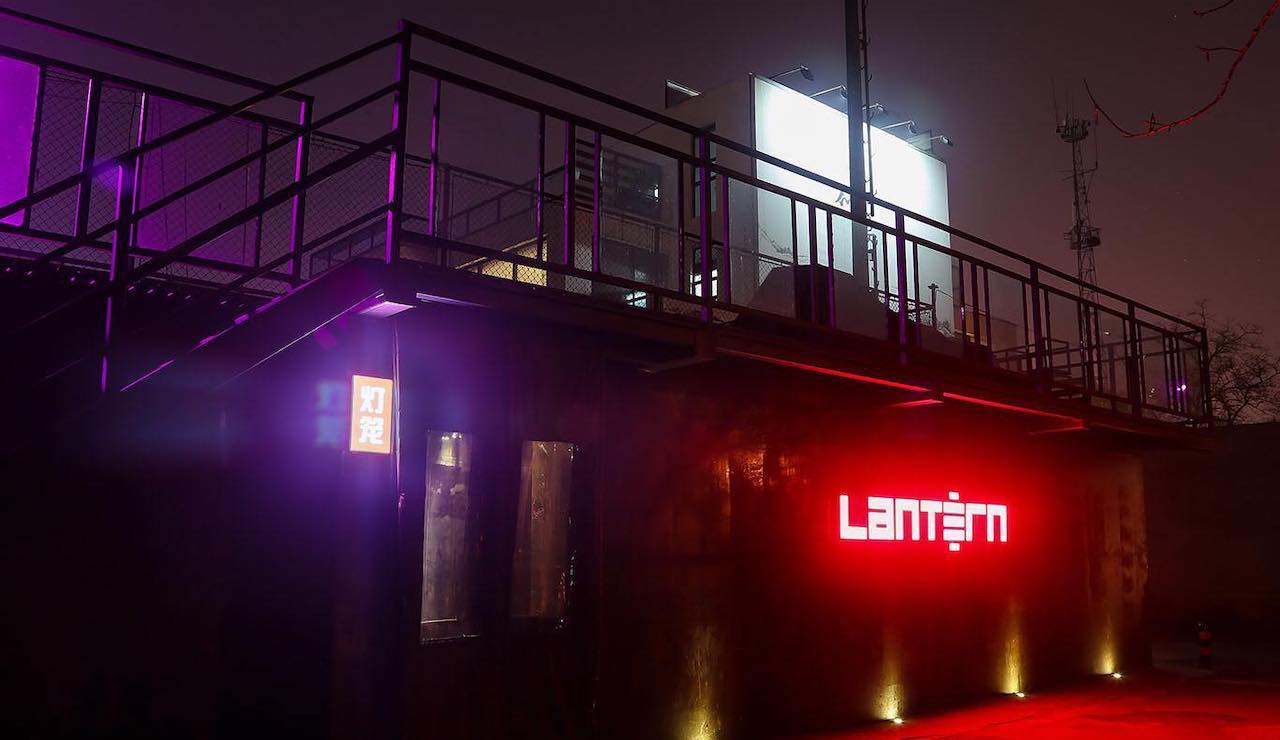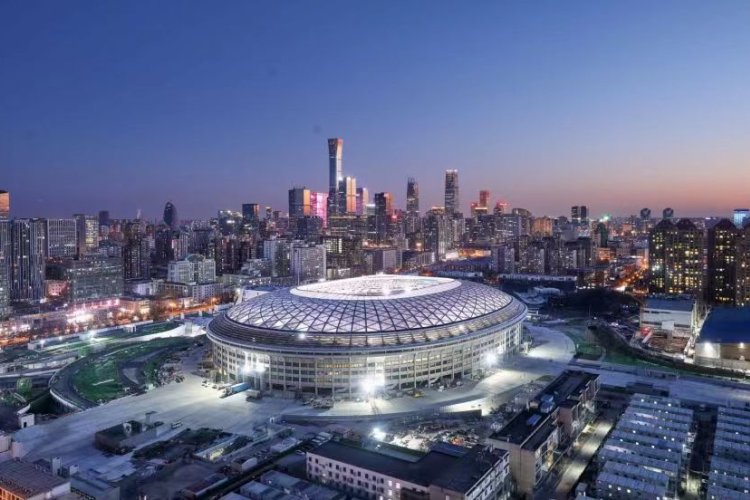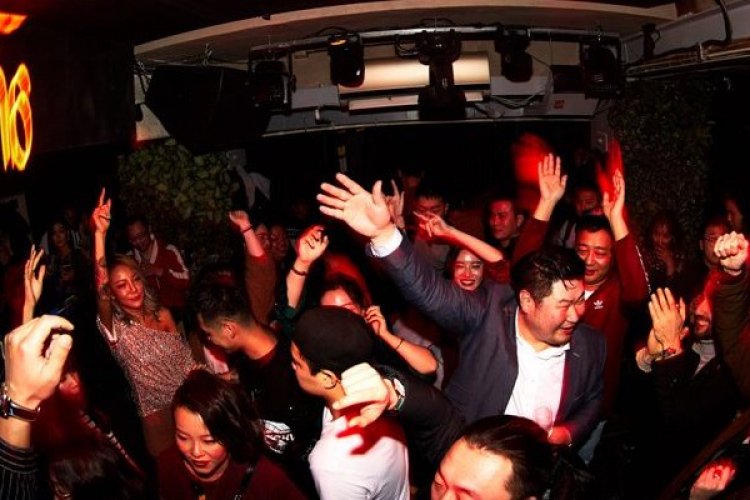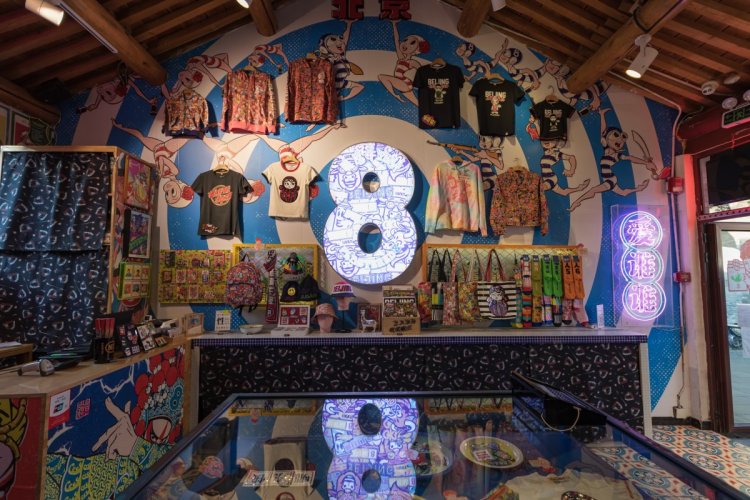Closure of Lantern and Other Workers' Stadium Clubs Marks the End of a Beijing Nightlife Era
Revelers were caught off guard this past Saturday when news began to circulate on social media about the rumored demise of Lantern, one of Beijing's longest-running clubs and what many consider to be the home of techno in the capital.
Sadly, the rumors were true, and after ten years of euphoric dancing set to an unflinching 4/4 beat, the club bid farewell to its final patrons as the sun rose over Sanlitun on Sunday morning.
The send-off was particularly muted on account of the club having been closed for nearly six months due to the coronavirus pandemic, opening for a single day in June before the second wave forced it to lay dormant once again.

And although the announcement came as a shock, Lantern's eventual shuttering seemed inevitable given the planned renovations to Workers' Stadium and the building of a nearby subway over the next couple of years. The same renovations claimed another stalwart of the scene, Vics, just last week and this latest round of forced closures has wiped out the remaining venues deemed to be "inside" the Gongti complex, including Mix, Playhouse Global (PH), and Elements Club, as well as all venues in the stadium itself.
Speaking to the Beijinger, Lantern founder and resident DJ Weng Weng described how venues like Sir Teen, Legend Beer, and a smattering of other establishments to the north of the stadium are currently shielded from shutting down but that "it is assumed that they will have to move in the future" as "The entire style of Gongti will also be revised."

Lantern first got its start in the basement of Sanlitun's 3.3 Mall circa 2008, but closed after less than a year. Nevertheless, determined in their need to bring techno to the masses, Weng Weng and his crew didn't let that dissuade them and they soon found their home in the underground bunker-like space by the Workers' Stadium West Gate.
The steps down to the club's two dancefloors would become an iconic part of the Lantern experience: descending them you couldn't help but feel the rush of not knowing what exactly the evening would bring, while several hours later they were the teeming arena for partygoers to bond over what they just experienced.

In the early days, the club helped nurture some of Beijing's earliest experiments with techno, acting as a testing ground for the founders' musical pursuits – birthing Acupuncture Records, a medium for them to share their collective creative output – and later, the foundation for "China's first electronic music festival," INTRO. Its decks would eventually be graced by techno heavyweights like Booka Shade, Rødhåd, Ryogo Yamamoria, and Héctor Oaks, among countless others.
Even as Beijing slowly regains its footing and clubs begin to open up around the city – Zhao Dai and Dada reopened this past week – Lantern's closure marks another huge loss for Beijing's nightlife scene which, like in many cities around the world, will likely come out of the coronavirus pandemic unrecognizable from what it was before.
When we interviewed Weng Weng ahead of Lantern's 10-year anniversary last October, he told us, "I have worked hard for this and although there have been many difficulties along the way, I will persist in making Lantern the best techno club in Beijing." Now that he is searching for a new venue, it's the hope of every Beijing clubber that he will soon be able to continue doing just that.
READ: Nugget Injects a Welcome Dose of DIY Music Vigor Into Beijing's Bar Scene
Photos courtesy of Weng Weng







